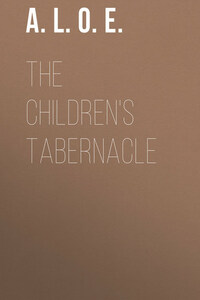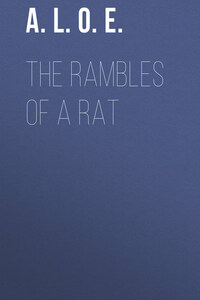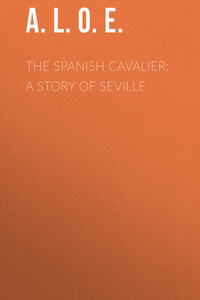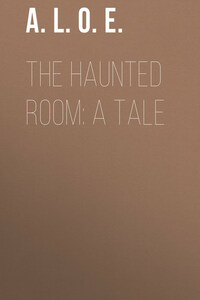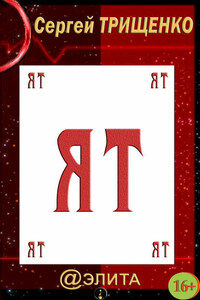“YOU have no right to spoil my desk, you tiresome, mischievous boy!”
“I’ve not spoilt it, Agnes; I’ve only ornamented it by carving that little pattern all round.”
“I don’t call that carving, nor ornamenting neither!” cried Agnes, in an angry voice; “you’ve nicked it all round with your knife, you’ve spoilt my nice little desk, and I’ll” – What threat Agnes might have added remains unknown, for her sentence was broken by a violent fit of coughing, whoop after whoop – a fit partly brought on by her passion.
“What is all this, my children?” asked Mrs. Temple, drawn into the room called the study by the noise of the quarrel between her son and her eldest daughter.
Lucius, a boy more than twelve years of age, and therefore a great deal too old to have made so foolish a use of his knife, stood with a vexed expression on his face, looking at his poor sister, who, in the violence of her distressing cough, had to grasp the table to keep herself from falling; Amy, her kind younger sister had run to support her; while Dora and little Elsie, who had both the same complaint, though in a milder form than their sister, coughed with her in chorus.
Mrs. Temple’s care was first directed to helping her poor sick daughter. Agnes, as well as her three sisters, had caught the whooping-cough from their brother Lucius, who had brought it from school. It was several minutes before the room was quiet enough for conversation; but when Agnes, flushed and trembling, with her eyes red and tearful from coughing, had sunk on an arm-chair relieved for a time, Mrs. Temple was able to turn her attention to what had been the cause of dispute. A rosewood desk lay on the table, and round the upper edge of this desk Lucius had carved a little pattern with the large sharp knife which he held in his hand.
“I am sure, mamma, that I did not mean to do mischief,” said Lucius, “nor to vex Agnes neither. I thought that a carved desk would be prettier than a plain one, and so” —
“You might have tried the carving on your own desk,” said Agnes, faintly. The tears were rolling down her cheeks, and she dared not raise her voice lest she should bring on the whooping again.
“So I might, blockhead that I am; I never thought of that!” exclaimed Lucius. “But if you like we will exchange desks now, and then all will be right. Mine is a bigger desk than yours, and has not many ink-stains upon it.”
The proposal set Dora, Amy, and Elsie laughing, and a smile rose even to the lips of Agnes. She saw that Lucius was anxious to make up for his folly; but the big school-desk would have been a poor exchange for her own, which was neat and had red velvet lining; while hers, being scarcely larger than a work-box, would have been of little service to Lucius at school.
“O no! I’ll keep my own desk; the carving does not look so very bad, after all,” murmured Agnes, who had an affectionate heart, though by no means a perfect temper.
“I took no end of pains with it,” said Lucius, “and my knife is so sharp that” —
“I would rather that you did not try its edge on my table,” cried his mother, barely in time to save her mahogany from being “ornamented” as well as the desk.
“Stupid that I am! I was not thinking of what I was about!” exclaimed Lucius, shutting up the knife with a sharp click; “but the truth is I’m so horribly sick of having nothing to do that I must set about something. I don’t like reading, I’ve enough and too much of that at school; you won’t let me go out, lest the damp should bring back my coughing and whooping – I’ve had enough and too much of that also; I’ve only the girls to play with, for none of my own friends must come near the house because of this tiresome infection; and I shall be taking to cutting my own fingers off some day for want of something better to do!”
“It’s a case of idleness being the mother of mischief,” cried the bright-eyed Dora, who was busy embroidering with many-colored silks an apron for little Elsie’s doll.
